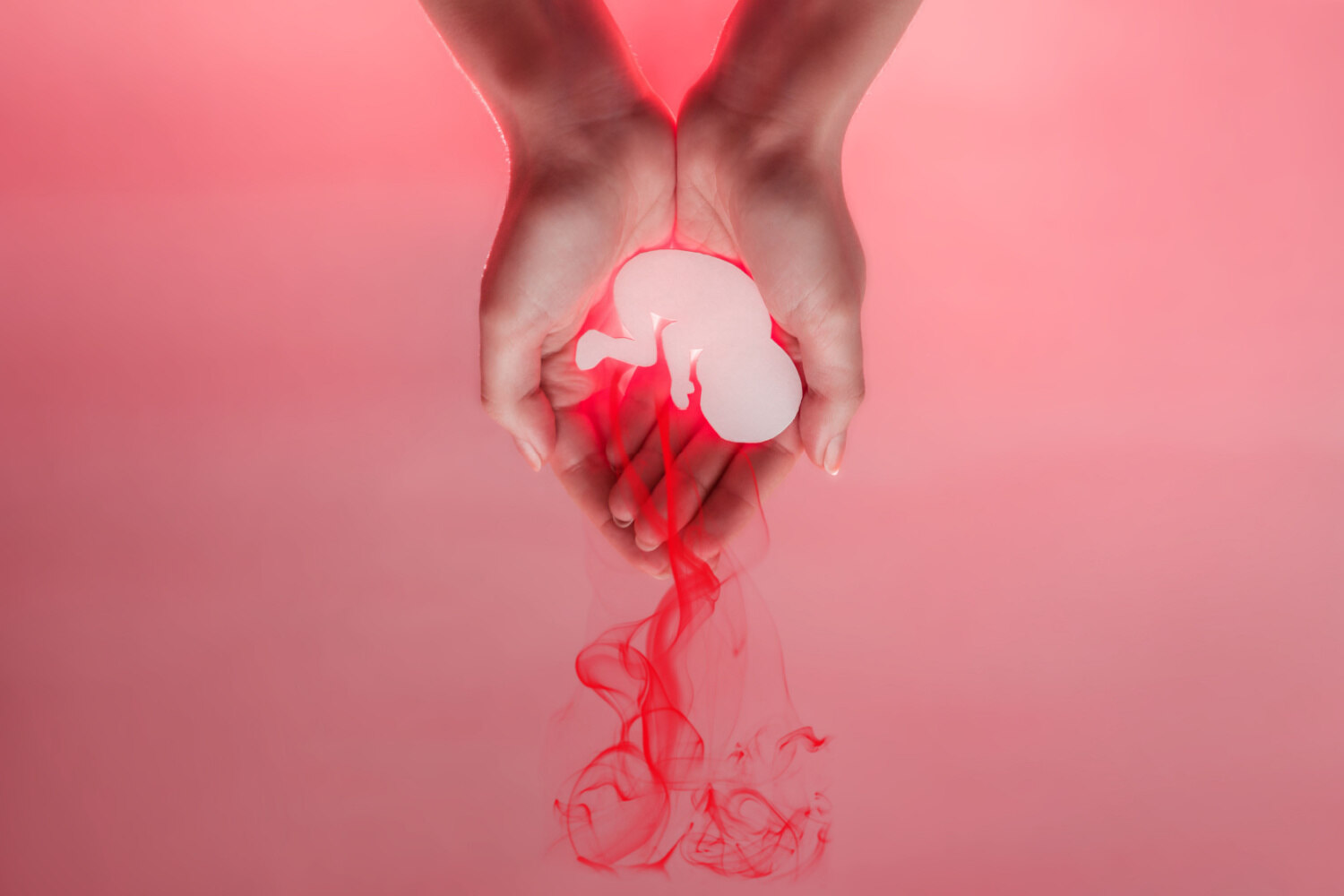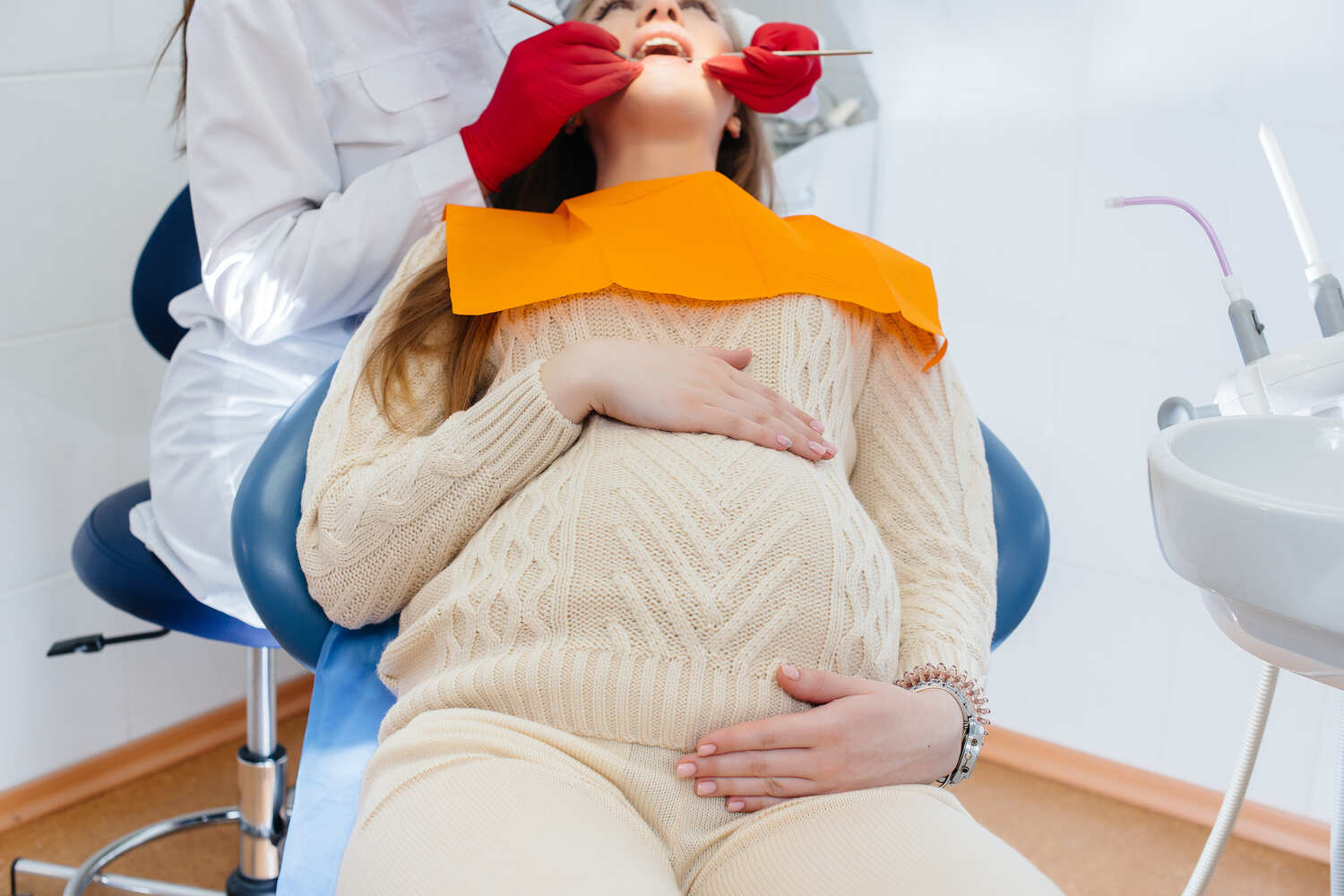
Swollen Ankles in Pregnancy
5 min readWritten by Editorial Team


Puffy ankles are common during pregnancy and though it causes discomfort to you it is a sign that your pregnancy is going just the way it should be. Almost 3 in every 4 pregnant women experience edema, and it starts somewhere around weeks 22 and 27 of pregnancy. The puffiness increases by the time a day comes to an end, and is usually more pronounced in summers.
Though it will go after you deliver, at the same time, it becomes a real thing of concern because you are not able to walk properly and then there is this constant pain which would just not go away. In medical terms swelling in ankles during pregnancy is called as Edema.
In This Article
- What Causes Ankle Swelling in Pregnancy?
- Do I Need to Worry For Swollen Ankles?
- Serious Concerns of Swollen Ankles in Pregnancy
- How Can I Identify Edema?
- Ankle Swelling in Both Legs
- 15 Remedies For Swollen Ankles During Pregnancy
What Causes Ankle Swelling in Pregnancy?
The main reason for swelling of ankles in pregnancy is that the hormones flush fluid into the tissues and your body retains more water. The return of blood from your legs and ankles is also slowed down as a result of the pressure that your growing uterus exerts on the veins. This swelling sometimes spreads to fingers, neck, lower back, and face as well. This mainly happens during the trimester and that is why puffy and painful ankles is a common problem.
Do I Need to Worry For Swollen Ankles?
Do not worry; this is not going to be a permanent problem. It is going to go away after your pregnancy. Usually there is nothing to worry about edema but there are certain symptoms you should definitely look out for which may indicate a serious problem.
Serious Concerns of Swollen Ankles in Pregnancy

Severe ankle swelling with the following indications need to be addressed:
- If there is more swelling in one leg and it is paining a lot too, it might be a blood clot which should be immediately brought into the notice of your doctor.
- If you have swelling in your ankle accompanied by a constant banging headache and blurriness of eyesight then it might be Preeclampsia (due to high blood pressure). You must approach your doctor immediately.
- If the swelling is persistent, and doesn’t improve after a night, you will need the advice of your doctor.
- If you have pain in your chest too and are having trouble in breathing, it may indicate towards a possible heart condition.
- Ankle swelling due to kidney failure is another thing you should keep in mind because it happens quite a lot. When the kidneys fail to eliminate the excess water out of the system, it gets accumulated in the tissues of ankles.
How Can I Identify Edema?
Sometimes you might even fail to understand the pain in your ankles and just ignore it to be just another side effect of pregnancy. Here are some absolute signs which will help you identify an edema from its very initial stage:
- Redness in the ankle area.
- Pain when relaxing your ankle.
- Chipping skin.
- Pain and discomfort in the feet and the legs.
[Read : Edema – Swollen Legs And Feet During Pregnancy]
Ankle Swelling in Both Legs

Ankle swelling in both legs during pregnancy should be taken seriously in the following cases:
- If you are a first time mother.
- You are older than 40 yrs.
- There is a huge gap of years since your last pregnancy.
- If you have a family history of edema.
- A kidney disease.
- If you have been pregnant more than once.
- Your pregnancy related blood pressure is high.
15 Remedies For Swollen Ankles During Pregnancy

Here are some simple home remedies to treat swollen ankle during pregnancy:
1. Avoid Long Periods of Standing or Sitting
Don’t stand for too long and try not to sit with your legs crossed. Put up your feet and give them as much rest as possible.
[Read : Standing For Long Hours In Pregnancy]
2. Wear Comfortable Shoes
Try wearing comfortable and breathable shoes, preferably ones that can accommodate your growing feet.
3. Avoid Tight Socks
Stockings or socks that fit tight on the ankles should be avoided.
4. Move Your Ankles
Try mild ankle exercises like rotating them clockwise and anti-clockwise.
5. Go Elevated
While lying down keep your legs elevated with the help of pillows.
6. Sleep on the Side
Try to sleep on your side rather than lying flat on your back. Infact, it is recommended to sleep on your left side and take the pressure off the vena cava, the vein responsible for returning the blood from the legs to the heart.
7. Walk
Walk regularly, this will keep your blood flowing.
8. Swim
If your doctor okays you to swim, take a break in the pool. Take laps in the pool.
9. Massage

Ankle massage will also give you a lot of relief; however, avoid using aromatherapy oils for massage, though you can soak your feet in water that has the aromatherapy oils.
10. Try Dandelion tea
Dandelion tea is a herbal remedy that may help you to prevent fluid retention. This tea must not be taken if you have a gall bladder issue. Also, herbal teas should be consumed only judiciously during pregnancy.
11. Cabbage Leaves
Some women have felt relieved from edema by placing cabbage leaves on the swollen area.
12. Cold Compress
Cold compress can help in providing some comfort from swollen ankles.
13. Drink Lots of Water
Yes, apparently, more water you drink, less water retention you experience.
14. Do Not Cut Salt
Don’t bother to cut off the salt intake as many will suggest. Edema has nothing to do with your salt intake.
15. Complementary Therapies
Some complementary therapies like acupuncture could give some relief.
Though a little bit frustrating, swelling in ankles during pregnancy cannot be completely prevented. Your next question will be, when is it going to go away? Well, in most cases it subsides after the first 24 hrs of your delivery. The amount of swelling you experience can differ by the hour.
Swelling might not at all be there when you wake you in the morning because at this time your feet and ankle are well rested. The swelling gradually increases towards the evening as you sit and lie down from time to time, walk here and there, and stand for a while may be. All this increases the swelling. Swelling also depends on the weather; if it is very hot, swelling will me more and vice versa.
The best way to deal with edema is to stay relaxed, do regular foot exercises and keep your doctor updated.

Editorial Team,
With a rich experience in pregnancy and parenting, our team of experts create insightful, well-curated, and easy-to-read content for our to-be-parents and parents at all stages of parenting.Read more.
Responses (0)
Want curated content sharply tailored for your exact stage of parenting?
Related articles
Sponsored content
Discover great local businesses around you for your kids.
Get regular updates, great recommendations and other right stuff at the right time.











